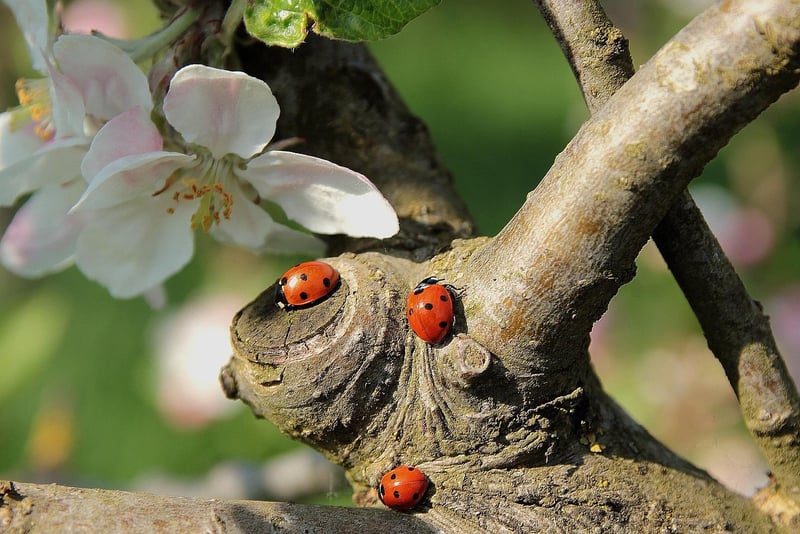Preventive Measures
Managing Garden Pests: Effective Strategies and Preventive Measures
Gardening is a delightful and rewarding activity, but dealing with garden pests can be a real challenge for any gardener. These pesky critters can wreak havoc on your plants and flowers if left unchecked. However, there are several effective strategies and preventive measures you can take to protect your garden and ensure a bountiful harvest.
Identifying Common Garden Pests
Before you can effectively manage garden pests, it's essential to identify them. Some common garden pests include aphids, slugs, snails, caterpillars, and beetles. By recognizing these pests early on, you can take the necessary steps to control and eliminate them.
Effective Pest Management Strategies
1. Natural Predators:
Encouraging natural predators like ladybugs, lacewings, and birds in your garden can help keep pest populations in check. Consider planting flowers that attract beneficial insects and birds to create a balanced ecosystem.
2. Handpicking:
For larger pests like caterpillars and beetles, handpicking them off your plants is a simple yet effective method of control. Regularly inspect your plants and remove any pests you find.
3. Neem Oil:
Neem oil is a natural pesticide that can help deter a wide range of garden pests. Dilute neem oil according to the instructions and apply it to your plants to protect them from damage.
4. Companion Planting:
Companion planting involves growing certain plants together to repel pests or attract beneficial insects. For example, planting marigolds alongside your vegetables can help deter aphids and other pests.
Preventive Measures to Protect Your Garden
1. Maintain Garden Hygiene:
Keep your garden clean and tidy by removing debris, weeds, and fallen leaves where pests can hide. Regularly inspect your plants for any signs of pest infestation.
2. Mulching:
Applying mulch around your plants can help retain moisture, suppress weeds, and deter pests like slugs and snails. Choose organic mulches like straw or wood chips for best results.
3. Crop Rotation:
Rotate your crops each season to prevent the buildup of pests in the soil. Different plants have different nutrient needs, which can help disrupt pest life cycles and reduce infestations.
4. Use Floating Row Covers:
Protect your plants from pests like aphids and caterpillars by using floating row covers. These lightweight fabric covers allow sunlight, air, and water to reach your plants while keeping pests at bay.
Conclusion
By implementing these effective pest management strategies and preventive measures, you can safeguard your garden against common pests and ensure healthy and thriving plants. Remember to observe your garden regularly, practice good gardening habits, and intervene promptly if you notice any signs of pest damage.
Happy gardening!

